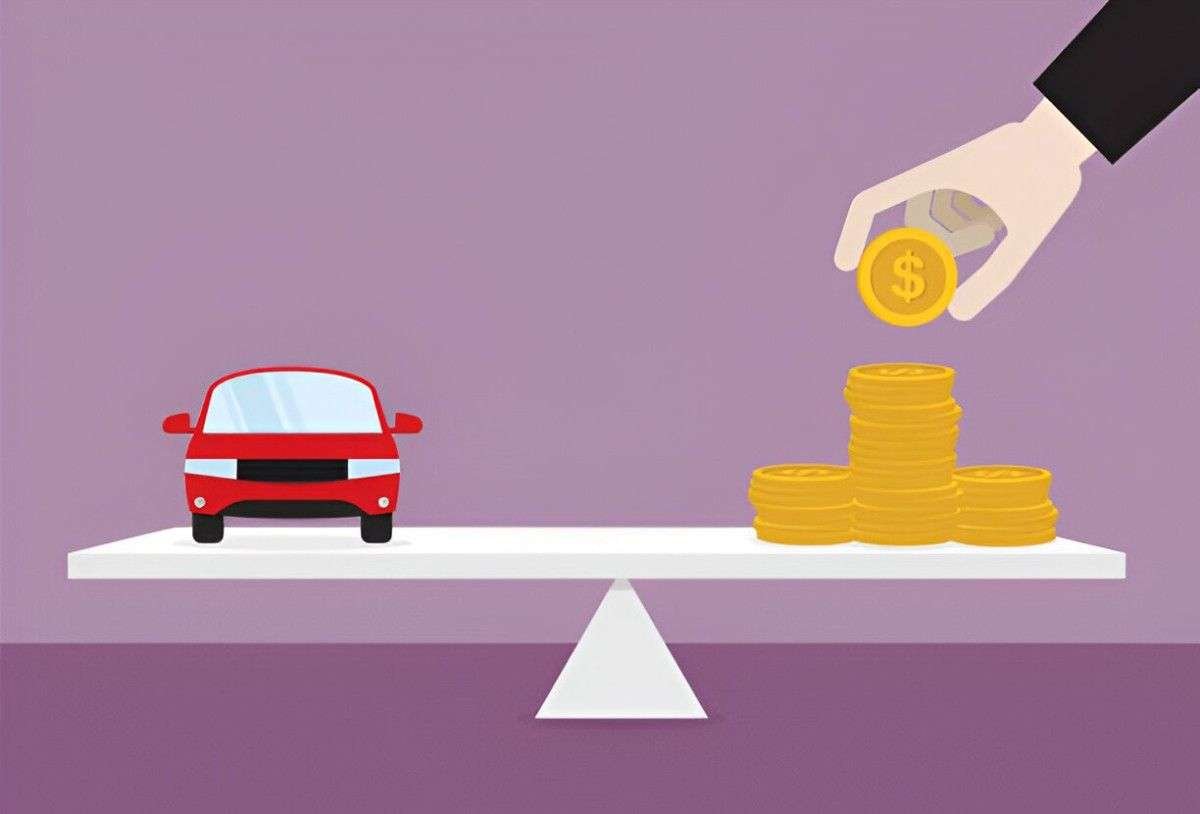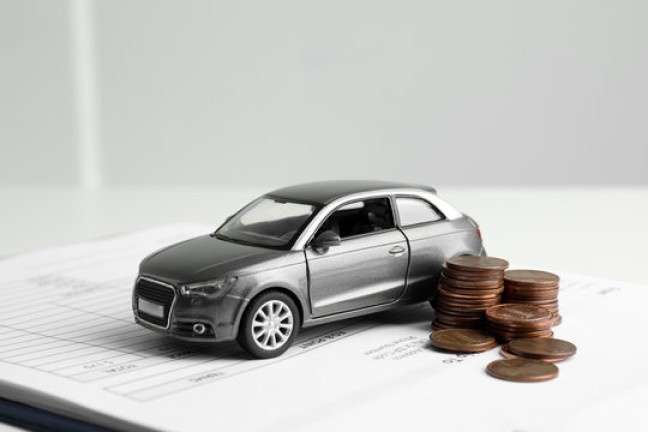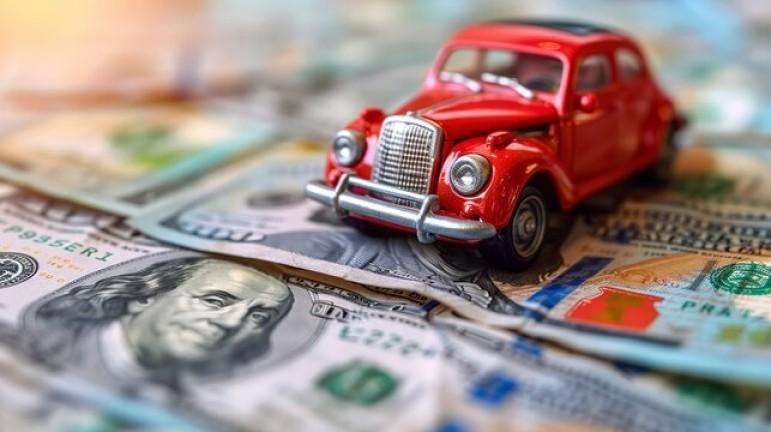When it comes to buying a car, one of the biggest decisions I had to make was whether to finance it or pay cash upfront. This decision may seem straightforward at first, but when I took the time to analyze it from different angles, I realized there were various factors that influenced my choice. Financing a car and paying cash both have their distinct advantages and disadvantages, and understanding these can help you make a more informed decision based on your personal financial situation, goals, and preferences.
In this article, I’ll compare the two options—financing a car versus paying cash—and break down the benefits and drawbacks of each. By the end, you’ll have a clearer idea of which route might be best for you.
Table of Contents
The Basics: What Does Financing a Car Mean?
Financing a car simply means taking out a loan to purchase the vehicle. In most cases, you’ll make a down payment and then agree to pay off the loan in monthly installments, which include both principal and interest. The length of the loan can vary, but typical loan terms range from 36 to 72 months. After completing the payments, the car becomes fully owned by you.
What Does Paying Cash for a Car Mean?
Paying cash for a car means you are purchasing the vehicle outright with the funds you have available, without taking out a loan. Essentially, you pay the full price of the car up front, and in return, you own the vehicle immediately with no obligations to a lender.
Financing a Car: The Advantages
- Preserving Cash Flow
When I decided to finance a car, one of the first advantages that stood out to me was the ability to preserve my cash flow. Instead of depleting my savings or emergency fund to pay for a car, I could pay a fixed monthly amount, freeing up funds for other important financial goals. This can be especially beneficial if I have other pressing financial obligations or investment opportunities that could yield a higher return than the interest rate on my car loan.
- Building or Improving Credit
Financing a car can also help me build or improve my credit score, provided I make timely payments. A car loan is considered an installment loan, and timely payments can show creditors that I’m capable of managing debt responsibly. Over time, this can improve my credit score, which can lead to better loan terms in the future, whether it’s for a mortgage, credit card, or another car loan.
- Tax Deductions for Business Owners
If I use the car for business purposes, I may be able to deduct certain expenses, including interest on the car loan, from my taxable income. This can provide me with some tax relief, making the cost of financing a car less burdensome.
- Opportunity to Buy a Better Car
One of the biggest reasons people choose to finance a car is the ability to purchase a more expensive vehicle. If I don’t have enough cash to buy a new car outright but can afford the monthly payments, financing gives me the flexibility to drive a better car now while paying it off over time. This can be especially useful if I need a reliable vehicle but don’t have the upfront capital available.
- Access to Low or 0% Interest Rates
Occasionally, car dealerships and manufacturers offer promotional financing deals with very low or even 0% interest rates. If I qualify for one of these deals, financing can be an attractive option. With low or no interest, I can drive a new car while paying little to no extra money on top of the car’s price.
Financing a Car: The Disadvantages
- Paying Interest
One downside to financing a car is that I end up paying more for the vehicle over time. This is because interest is added to the loan amount. Even with low-interest rates, I will still be paying extra for the car compared to paying cash. For example, if I finance a $25,000 car with a 4% interest rate over 60 months, I might end up paying over $1,500 in interest by the time the loan is paid off.
- Debt Obligation
Another disadvantage of financing is that I’m taking on a debt obligation. The monthly payments can stretch my budget, especially if my financial situation changes. If for some reason I’m unable to make the payments, the lender can repossess the car. While this isn’t a common scenario, it’s still something to consider when choosing financing.
- Depreciation
Cars typically lose their value over time, and if I’m financing a car, I may end up owing more on the loan than the car is worth. This situation is called being “upside down” on the loan, and it can happen if I make a small down payment or if the car depreciates rapidly. This is a risk when financing a vehicle, especially if I plan to sell or trade it in before the loan term ends.
Paying Cash for a Car: The Advantages
- No Monthly Payments
One of the biggest advantages of paying cash for a car is the simplicity of not having to worry about monthly payments. Once I pay for the car, it’s mine, and I don’t have to think about interest rates, loan terms, or deadlines. This can significantly reduce my stress and give me peace of mind knowing I own the vehicle outright.
- No Interest Charges
When I pay cash for a car, I avoid interest charges altogether. With financing, the car’s total cost increases because of the interest payments. By paying cash, I get the full value of the car without having to pay extra for financing. If I can afford to pay cash, this is a way to avoid unnecessary costs.
- Full Ownership from the Start
By paying cash, I immediately own the car, without any liens or obligations to a lender. This provides me with more flexibility when it comes to selling or trading the car, and I won’t have to worry about a lender’s approval or being upside down on the loan.
- Avoiding Debt
Paying cash means I avoid taking on any debt. This is particularly appealing if I want to stay debt-free or if I don’t want to deal with the risks and obligations associated with financing. It can also be a wise decision if I don’t want my credit to be impacted by taking on a loan.
- Potential Discounts or Better Deals
Some car dealerships may offer discounts to customers who pay in cash. This is because they don’t have to deal with financing paperwork, and they can close the deal quickly. If I’m able to negotiate a cash discount, it can make paying in cash even more appealing.
Paying Cash for a Car: The Disadvantages
- Depleting Savings
One of the biggest drawbacks to paying cash for a car is that it depletes my savings. If I’m using a large portion of my emergency fund or other savings to pay for the car, I may not have enough liquidity to cover unforeseen expenses. This can put me in a tough financial spot if an emergency arises and I don’t have access to cash.
- Missed Investment Opportunities
When I use cash to buy a car, I miss out on potential investment opportunities. If I had kept the money in savings or invested it in a high-return vehicle, I could have earned more money over time. By paying for the car upfront, I essentially tie up my money in a depreciating asset, rather than using it for investments that could grow in value.
- Not Building Credit
Unlike financing a car, paying cash doesn’t help me build or improve my credit score. If I want to improve my credit, I’ll need to find other ways to do so, like applying for a credit card or taking out a loan.
- Potential for Overpaying
If I have the cash to buy a car but choose to pay for a more expensive vehicle than I can afford, I may end up overpaying. This is a common pitfall if I don’t stick to a budget and let the desire for a “better” car push me beyond my means.
Comparing the Two Options: A Quick Overview
Here’s a side-by-side comparison of financing a car vs. paying cash:
| Factor | Financing a Car | Paying Cash |
|---|---|---|
| Cash Flow | Preserves cash flow, spreads cost over time | Depletes cash reserves |
| Interest Charges | Interest adds to the total cost | No interest charges |
| Ownership | Car is owned outright once loan is paid | Car is owned outright from day one |
| Credit Impact | Can help build or improve credit score | Doesn’t affect credit score |
| Debt Obligation | Monthly payments and potential debt | No debt obligation |
| Flexibility | Can buy a more expensive car | Limited to available cash |
| Risk | Risk of being upside down on loan | No risk of loan default |
Example: The Financial Impact of Financing vs. Paying Cash
Let’s take a simple example to understand the difference between financing and paying cash. Assume I’m looking at a car worth $25,000. If I decide to finance it, I’ll take out a 60-month loan with a 4% interest rate.
Financing Scenario: Loan Amount: $25,000 Interest Rate: 4% Loan Term: 60 months Monthly Payment: $460.19
Total Interest Paid: $2,611.40
Total Paid Over 5 Years: $27,611.40
Paying Cash Scenario: Total Paid Upfront: $25,000
In this case, financing the car costs me $2,611.40 more than paying cash for it. However, by financing, I can keep my savings intact and use that $25,000 for other opportunities.
Conclusion
The decision to finance a car or pay cash ultimately comes down to your financial situation, goals, and preferences. If preserving cash flow and having more flexibility with your money are important to you, financing may be the better choice. On the other hand, if you prefer not to deal with monthly payments, avoid paying interest, and want full ownership from the start, paying cash is a solid option.
It’s important to weigh the advantages and disadvantages of each choice and consider how it fits into your overall financial plan. I hope this breakdown has provided you with the information needed to make the best decision for yourself.





